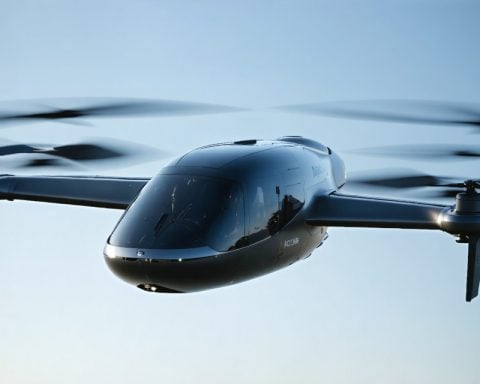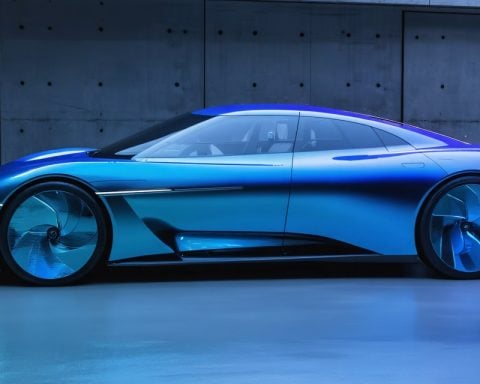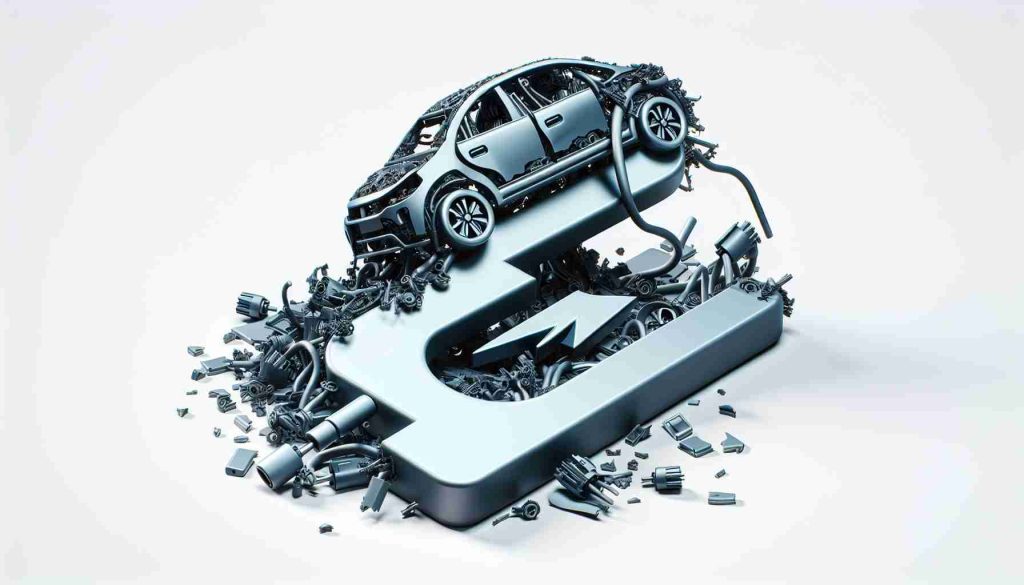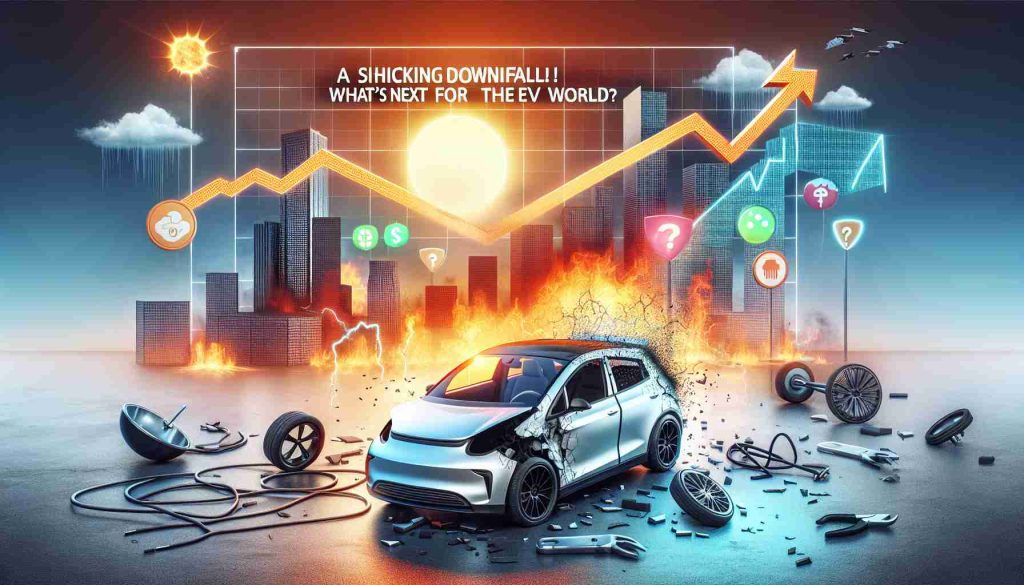The Comeback of Charge Cars
In a remarkable turn of events, a British electric vehicle company has made a stunning comeback just six months after its collapse. Charge Cars, based in West London, originally aimed to transform the beloved 1967 Ford Mustang into an electric marvel. After failing to deliver any vehicles, the company went into administration last July, resulting in the loss of around 50 jobs.
However, hope is on the horizon as Charge Cars has been acquired by a group of private investors led by the new CEO, Paul Abercrombie. The company is now relocating to Silverstone, an iconic site known for its motorsport heritage, which is expected to boost its operational capabilities.
This revival promises to reignite interest in the many enthusiasts who previously placed orders for the electric Mustang, which was projected to be priced at a hefty £350,000. The vehicle was designed to include a 63 kWh battery, boasting impressive specs like a 0-62 mph acceleration time of just 3.9 seconds and a driving range of 200 miles on a single charge.
While the previous administration cited “significant challenges” as reasons for its closure, the newly revitalized Charge Cars is optimistic about overcoming obstacles and fulfilling its vision of delivering a “legend reborn.” Only 499 units of this bespoke vehicle were initially planned for production, but the future remains bright for this ambitious project.
The Implications of Charge Cars’ Revival
The resurgence of Charge Cars not only restores a niche product in the automotive market but also reflects broader trends in the electric vehicle (EV) sector that could reshape societal norms and the global economy. As the demand for sustainable transport intensifies, the successful revival of such specialized electric vehicles underlines a shift towards customized and heritage-inspired options. This trend aligns with a growing consumer preference for unique, environmentally friendly designs, which stands to influence manufacturing practices and market strategies.
Moreover, the relocation to Silverstone—a hub for motorsport—demonstrates a strategic pivot that could enhance innovation and collaboration within the EV industry. Access to motorsport expertise may expedite technological advancements, ultimately promoting a stronger ecosystem for EV development. As traditional automotive giants race to adapt to electrification, startups like Charge Cars are increasingly positioned to function as incubators for creative engineering solutions.
However, the environmental implications of such luxury electric vehicles must be examined closely. While electrifying classic models is appealing, the carbon footprint associated with manufacturing high-performance vehicles raises questions about sustainability. Envisioned as limited-edition luxury items, these cars could invite scrutiny regarding resource allocation amidst pressing climate change challenges.
In the long term, the success of Charge Cars might herald a blend of nostalgia with innovation, influencing future trends in both consumer behavior and automotive design. This could catalyze increased investment in the EV sector, ensuring a diverse range of options that honor the past while forging ahead into a cleaner future.
Charge Cars Reborn: A New Era for Electric Mustangs
The Resurgence of Charge Cars
In a remarkable turnaround for the UK electric vehicle industry, Charge Cars has successfully emerged from administration, just six months post-collapse. Originally celebrated for its ambitious project to transform the classic 1967 Ford Mustang into an electric masterpiece, Charge Cars faced challenges that led to its initial downfall. However, with newfound investment and a relocated headquarters in Silverstone, this manufacturer is set to revitalize the automotive landscape.
Key Features of the Revamped Electric Mustang
Charge Cars aims to bring back its electric Mustang model with several compelling attributes:
– Powerful Battery and Performance: Equipped with a 63 kWh battery, the upcoming model promises exhilarating performance, achieving 0-62 mph in just 3.9 seconds.
– Driving Range: The vehicle is projected to offer an impressive range of 200 miles on a single charge, addressing common consumer concerns about electric vehicle longevity.
– Limited Production: The production run is capped at just 499 units, adding an exclusive allure for customers.
Pricing Insights
While the anticipated price of the electric Mustang remains high at approximately £350,000, the market for luxury electric vehicles continues to expand. Given its unique features and status as a bespoke model, enthusiasts may find this price point justified compared to traditional gasoline models.
Use Cases for the Electric Mustang
1. Luxury Commuting: Ideal for affluent buyers seeking an eye-catching vehicle that combines luxury with sustainability.
2. Classic Car Collectors: Offers a modern twist on a classic car, appealing to collectors interested in innovative electric options.
3. Motorsport Events: With its Silverstone location, the revived Charge Cars may target motorsport events, showcasing electric performance on renowned racetracks.
Challenges and Limitations
Despite the optimism, Charge Cars faces ongoing challenges:
– Production Inefficiencies: Transitioning from a startup to a viable production company requires overcoming hurdles related to supply chain management.
– Market Competition: The electric vehicle market is becoming increasingly saturated, with established brands competing directly against new entrants.
Predictions for the Future
Industry analysts forecast significant growth for Charge Cars if the company can navigate its path effectively. The revival of interest in classic car electrification aligns well with global trends toward sustainability and environmental consciousness, indicating potential for long-term success.
Conclusion
Charge Cars is poised for an exciting resurgence in the electric vehicle market. With their unique electrified Mustang project, a dedicated leadership team, and a heritage site like Silverstone, they are set to turn present challenges into future triumphs. For more on electric vehicles and the future of automotive innovations, visit Charge Cars.
















